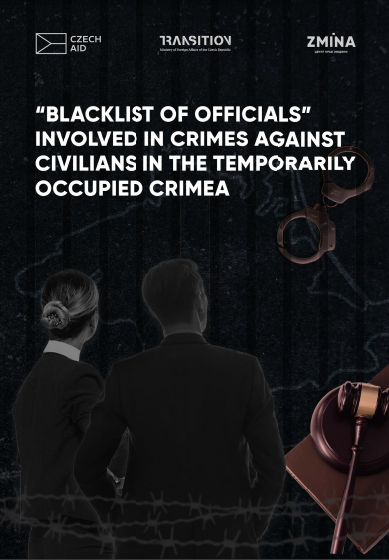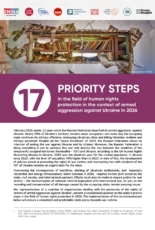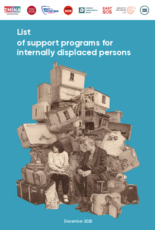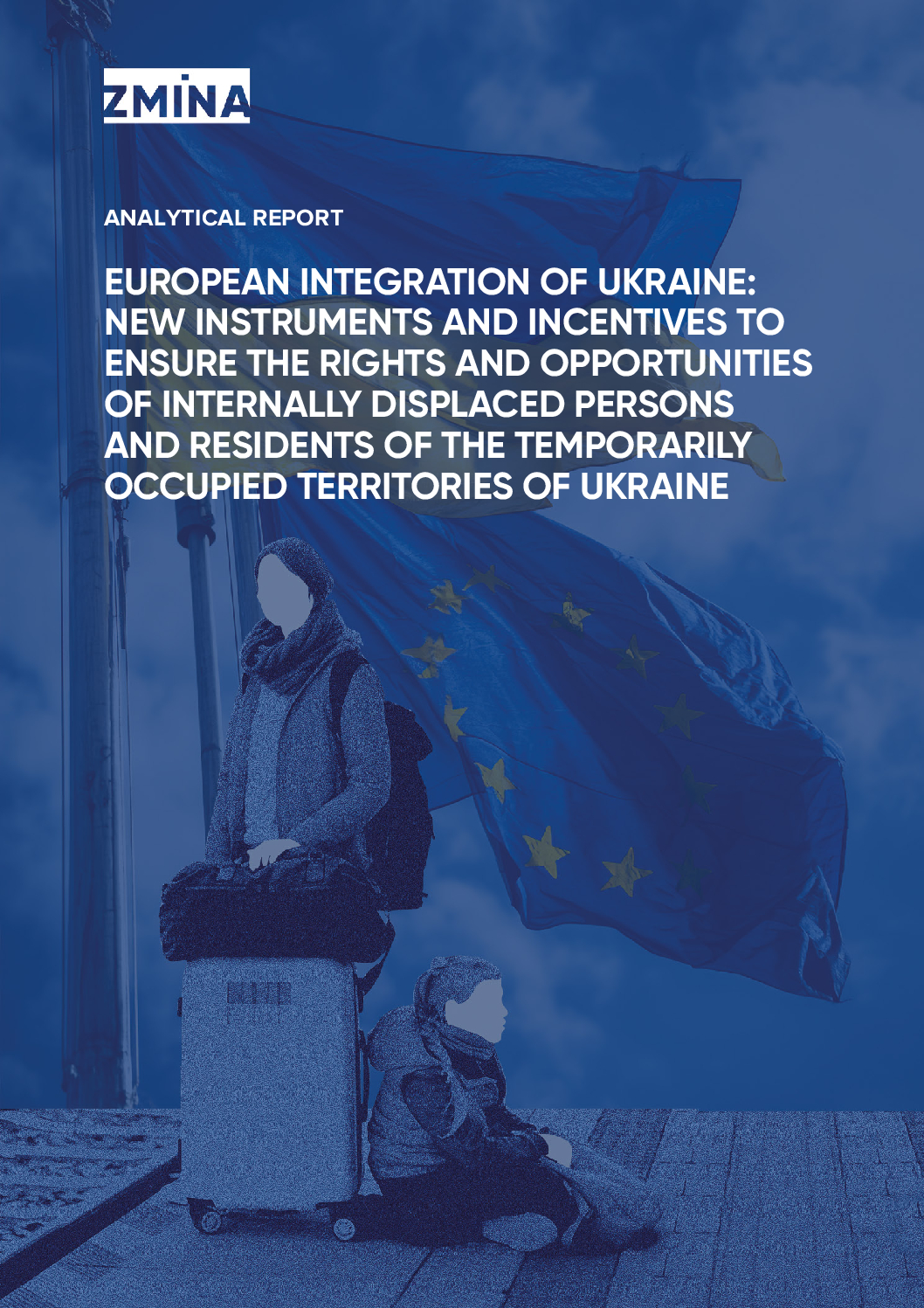“Blacklist of officials” involved in crimes against civilians in the temporarily occupied Crimea

Since the beginning of the illegal occupation of the Crimean Peninsula, Ukrainian citizens have been convicted mainly on trumped-up criminal charges of terrorism, extremism, sabotage, espionage and treason. During the 10 years of occupation of Crimea, the Russian Federation has convicted more than 300 Crimean residents on political grounds, resulting in at least 218 political prisoners in prisons and penal colonies in Crimea and Russia.
The purpose of the research is to create a “Blacklist of Officials” containing information on perpetrators of human rights violations and gross violations of international humanitarian law in the occupied Crimea during the 10 years of occupation against activists, journalists, human rights defenders and the pro-Ukrainian community. In addition, the research aims to obtain a holistic picture of the number of officials involved in the persecution and illegal detention of civilians in the occupied Crimea and the territory of the RF, as well as the types of crimes committed by these officials.
The research identifies several categories of officials who have been directly or indirectly involved in the persecution of the civilian population of Crimea during the 10 years of occupation of the peninsula: FSB officers, prosecutors, judges of various instances, heads of prisons, heads of medical services of the penitentiary system.
As a result, more than 260 officials involved in the persecution were identified, but due to restrictions on access to personal data, 35 criminals were singled out from the general list of who may be subject to personal sanctions.
The project is implemented with the financial support of the Ministry of Foreign Affairs of the Czech Republic as part of the Transition Promotion Program. The views expressed in this material are those of the authors and do not reflect the official position of the Ministry of Foreign Affairs of the Czech Republic.







